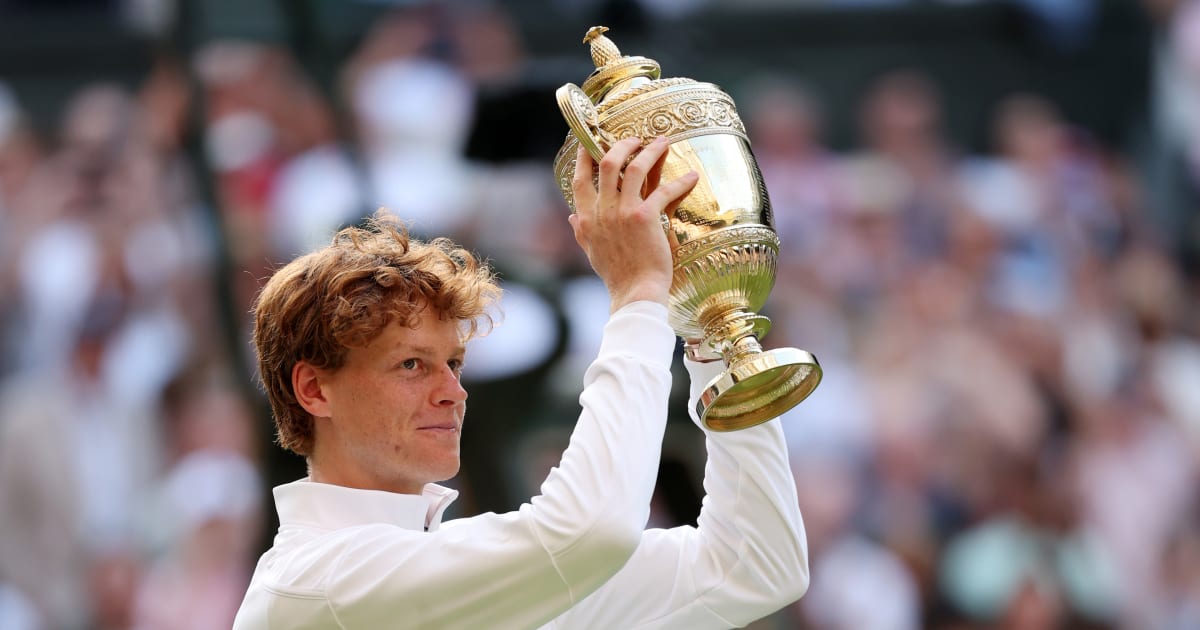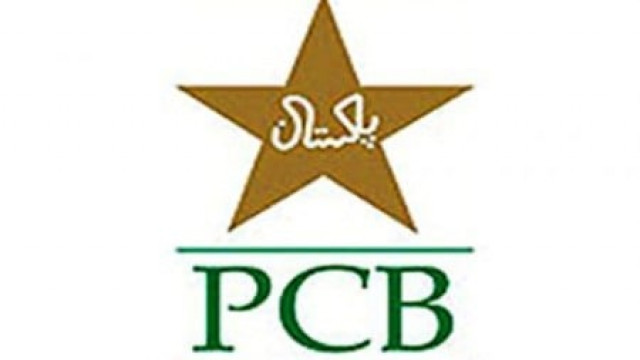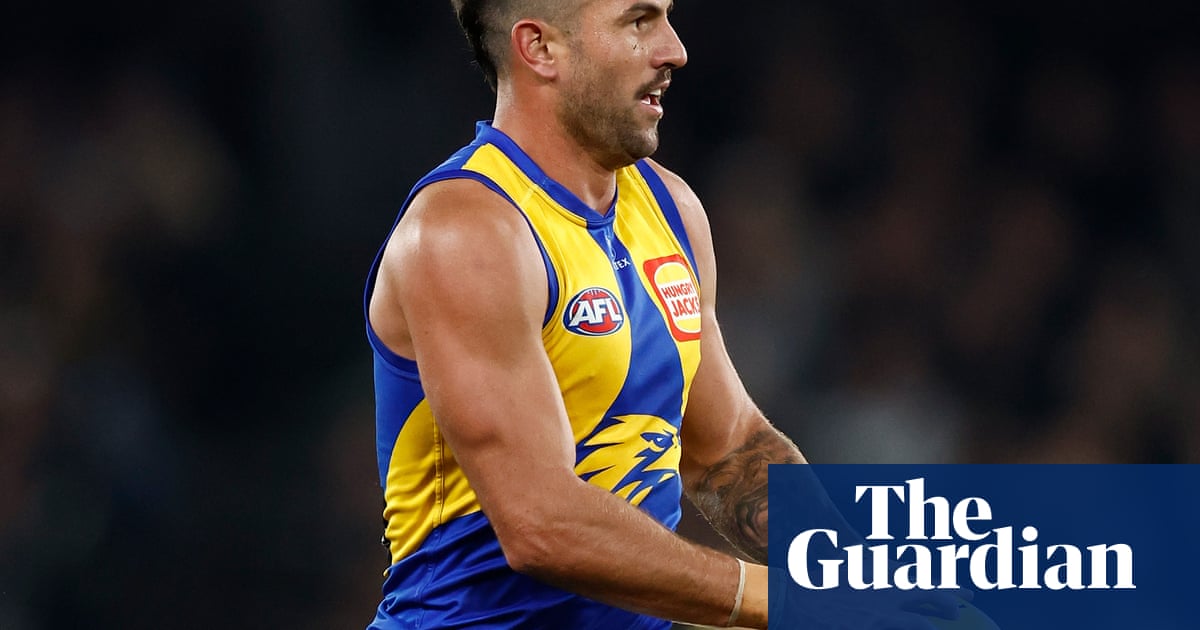Boris Becker’s Wimbledon title in 1985 made him a star. The next 40 years made it complicated

It was the Wimbledon of 1985, and Boris Becker was in trouble.Down two sets to one against American Tim Mayotte in the fourth round, he rolled his ankle on the grass and went down hard. The 17-year-old unseeded German, who had captured the imagination of the tournament and of the sport, had struggled with his ankle before.AdvertisementAs he rose to his feet, he struggled to walk. He’d barely survived a five-set marathon in the third round, against Joakim Nyström of Sweden. Now he was hurt. His tank was nearly empty, too. He was done.He limped toward the net and began to stretch out his hand.On the other side, Mayotte was doing his usual routine: walking deep behind the baseline, his head turned away from the other side of the court. He didn’t see that the match was ending. He didn’t hear Ion Țiriac, Becker’s manager and a former player and tennis impresario, scream “No!” from his seat just behind the chair umpire. And he didn’t see Günther Bosch, Becker’s coach, move toward the court.Țiriac seemed not to care even if Becker’s foot was pointed in the wrong direction. There was no way he was going to let this match end like this.“I yelled and screamed at him, and told Bosch to go toward the court, close to them,” Țiriac, who would become one of the wealthiest men in Romania and a tennis power-player, said during an interview from Dubai.“I said, ‘Tell him to call the doctor!’. So instead of shaking the hand, Boris said, ‘Doctor, doctor, doctor’.”Mayotte tried to figure out what in the world was going on, as the trainer tried to fight his way through the throngs on the grounds to the field court where they were playing. That delay, plus the treatment he received, helped give a tiring Becker the juice he needed to push the set into a tiebreak. He won that, before serving and volleying his way through a dominant fifth set.“We just waited and waited and waited,” Mayotte, now 64, said during an interview this month. “It was just a real ball-buster and then, when he came back, he was clearly at 100 percent.”Three wins later, Becker was the youngest men’s Wimbledon champion in history. His mop of strawberry-blond hair floated in the air as he dove across the grass and pounded serves. His game was with brute force and effortlessness, all at once.AdvertisementIt was hard to imagine how complicated Becker’s life would become four decades later.First came the existential crises of his early twenties, when he nearly quit the sport. There would be a paternity lawsuit, two tabloid-magnet divorces, bankruptcies and a tax evasion conviction in Germany in 2002.Then, another conviction in 2022, this time at Southwark Crown Court in London. Becker was found guilty of four charges under the Insolvency Act, after he concealed money and assets during a bankruptcy proceeding. That led to a two-year sentence and an eight-month stint in London’s Wandsworth prison, before an early release in December that year.That came on the condition of deportation back to Germany, with 22 months before he could apply for readmission to the country that had brought him that initial shock of teen fame and fortune.“I’m in sort of (the) late summer/fall of my life,” Becker said during an interview in 2023. “So I want to really work on the next 25 years. Of course, you look back. You look back on your life incarcerated. You look back on your professional life as a player, as a coach, as a commentator. You want to learn from the experience. You want to improve on some of the things that you started.”On the 40th anniversary of his historic Wimbledon title, of the ankle and the stretched-out hand and Țiriac bellowing across the tennis court, Becker is nowhere to be seen this summer at the All England Club.Anniversaries of historic Grand Slam titles are supposed to be easy to celebrate. The tournament plays a video montage. The legendary champions stroll out to the court. The crowd lavishes them with applause. Perhaps there are a few words of thanks. Andy Murray gave a speech when it was his year. Roger Federer did not.Four decades after Becker stunned the world, a spokesperson for the All England Lawn Tennis Club said that it would release championship anniversary features celebrating Arthur Ashe (1975), Billie Jean King (1975), Venus Williams (2005) and Becker. “Every piece will be available for broadcast rights holders from day one of The Championships,” the statement said.AdvertisementThe chair’s special guests for this edition of Wimbledon, selected to honor champions, were King, Ashe’s family, and Björn Borg.Becker, like nearly every Wimbledon singles champion, became a member of the All England Club when he won his first title. He later added two more in 1986 and 1989. The body declined to comment on the status of his honorary membership, which is offered to all Wimbledon’s singles champions.Boris Becker moves into a volley at Wimbledon in 1985. (Don Morley / Empics via Getty Images)The 57-year-old Becker has been nowhere to be seen at Wimbledon this summer, in the flesh or on screen. He had long worked as a commentator for the BBC during his retirement, beginning in 2012. After his release from prison, he quickly resumed working for Eurosport, appearing at the 2023 Australian Open. He has desperately wanted to work Wimbledon again, describing it as an event that is in his DNA.He worked for TNT Sport during the French Open, but that same broadcaster did not include him on its team for Wimbledon. Working at the tournament required approval from the Home Office to reenter the United Kingdom, for which Becker could not apply for readmission until last October.This April, he told reporters at the Laureus Sports Awards in Madrid that the application process was underway. He was hopeful for a return. But when the BBC announced its team for Wimbledon coverage, Becker was not included.It’s unclear if the status of that application had any impact on whether he received an offer to commentate on Wimbledon. After The Athletic filed a Freedom of Information request, Britain’s Home Office declined to comment on the case. It also declined to confirm or deny that any application had been filed.Becker, who has appeared in a Sky Italia studio during the tournament, did not respond to a request for comment sent through a representative of the ATP Tour.AdvertisementWimbledon remains the Grand Slam that made Becker, as well as the one that sent his life into a spiral. His final match there was in 1999 — a fourth-round loss to Australia’s Pat Rafter.To celebrate the end of his career, he took several members of his team to dinner at Nobu, an upscale Japanese restaurant in central London. While there, Becker, still married at the time to his now ex-wife, Barbara, had sex with Angela Ermakova, a model and waitress, in a back room. Ermakova became pregnant with his child. His marriage and his life spiralled from there, creating one mess after another that stood in such stark contrast to those moments of sporting simplicity 40 years ago.“I have suffered a great, great deal through Boris,” Ermakova told the Evening Standard in 2012.“He changed with the times, and became a man and not a child,” Țiriac said. “He was a very good tennis player, but he was still trying to do things that only a child would do. He was like a child trying to put his finger in a flame to see if that finger would burn.”Țiriac first saw Becker when he was 14 years old, at a junior tournament at the Monte Carlo Country Club.Bosch, who is German-Romanian, had called to tell him that he had a good prospect for him to see. Becker struggled with his movement, but he could crack the ball from any body position. Țiriac and Bosch could sense his willpower and dedication. Then Țiriac tested it by having him practice and train with Guillermo Vilas, a four-time major champion, for four hours or more every day for a month. Becker passed the test.Germany had been without a tennis star for decades. Țiriac told Becker to take his schoolwork on the road and start trying to qualify for pro tournaments. He did as he was told, crying when he came up short. Țiriac promised that success would come, and it did. Becker started picking up wins, and his ego grew. Țiriac didn’t like it, but it was hard to argue with the kid, and especially with his results.AdvertisementIn 1985, after a loss against eventual champion Mats Wilander in the second round of the French Open, Becker and Bosch headed to England to start preparing for the grass-court season. Țiriac stayed with Vilas but spoke by phone with Bosch every day, who told him grass looked like it was going to be Becker’s best surface. Then their teenage charge rolled all the way to the title at the Queen’s Club event in west London, the German-tennis press corps suddenly grew from a couple of reporters to dozens as Wimbledon came around.Hank Pfister, Becker’s first opponent at that ’85 tournament, knew he was in for a fight. Becker was unseeded, but his win at Queen’s had sent him into the world top 20. Johan Kriek, the runner-up at Queen’s, said that if Becker played at Wimbledon like he did that day against him, he would win the title there, too. But nobody took him seriously.“I knew he was tough, but I thought I would be OK,” Pfister, a big-serving American who five years ago retired from a long career coaching at a country club in California’s Central Valley, said during a recent interview.Becker didn’t look like a 17-year-old kid from across the net. He looked like a man. Still, they were on Centre Court. Surely the youngster would feel the gravity of the occasion.No such luck.Early in the match, Pfister noticed that Becker was jumping around as he waited to receive his second serve, with the idea of throwing him off. It was the sort of thing that junior players would do, not pros on the Wimbledon grass. He complained to the umpire, who told him he would keep an eye on it.“He didn’t do it all the time, just on the big points,” Pfister recalled. He doesn’t think that made the difference in the match. Becker won a four-set slugfest fair and square. Still, it stung.“I thought it was a horrible loss,” Pfister said. He thought Becker had played “out of his mind” and that he would lose fairly soon. That didn’t happen. The loss aged well, Becker’s run to the title a salve to that initial sting. “They’re all good memories now,” Pfister said.AdvertisementNext up was Matt Anger, another American. Anger knew Becker would be a handful. He had shared a practice court with him at the 1984 Australian Open the previous December.“Here’s this kid, hitting every ball as hard as he could, and it’s going in,” Anger said in an interview this month. He asked another German player he knew what the deal with this kid was, because Becker looked to him like the best player ever. Then Anger watched Becker beat Mayotte, who was a top grass-court player, on the lawns the Melbourne major used at that time. He decided that Becker was destined to become No. 1.Still, Anger had won a tough five-set match in the first round and was ready.They were scheduled for No. 2 Court, Wimbledon’s old upset court. Anger, 22 years old to Becker’s 17, was the underdog. As their match wore on, Anger began to feel like a higher power was at work. Becker was nearly flawless. Not only that, he had fortune on his side. He hit balls off his frame that would drop for winners.“There was this weird sense of destiny,” he said. “Everything was going his way.”Boris Becker with the Wimbledon trophy in 1985. (Stephen Powell / Getty Images)That wasn’t why Becker won, Anger insisted. Without divine intervention, Anger might have won seven games rather than four. Becker crushed him, 6-0, 6-1, 6-3.Then came the gritty test against Nyström. The Swede twice served for the match in the fifth set, only for Becker to break him back. The second time, he did it with two brilliant returns, one off the forehand and the other off the backhand, both of them setting up his net play.Mayotte, the No. 16 seed known as the “Springfield Rifle” for his serve and his hometown, came after that.The draw was opening up. John McEnroe and Jimmy Connors were in the top half, while the winner of Becker vs. Mayotte would face Henri Leconte.Mayotte had seen Becker for the first time at 15, when he was playing against top-10 player Sandy Mayer in Cologne, Germany. “He walks out, indoors, maybe 12-15,000 people, and I have never seen somebody so cocky,” Mayotte said.AdvertisementAfter his defeat to Becker in Australia, Mayotte had gotten some measure of revenge in the tournament at Delray Beach, Florida, that February.The court was packed, the noise was overwhelming, and Mayotte was so focused that he missed the Țiriac intervention that changed the arc of tennis history and sent Becker on his way to another five-set win.He would not have to go the distance again on his road to victory. He faced a hot Kevin Curren, the No. 8 seed, in the final. Curren, a South African representing America, had drubbed McEnroe and Connors in the quarterfinals and semis and entered the match as a heavy favorite.By then, though, this boy named Boris had become “Boom Boom” Becker. A massive ace, wide in the ad-court, finished off Curren in four sets. Becker raised his arms in the air, a 6-3, 6-7(4), 7-6(3), 6-4 winner.The sport was his for the taking, and take it he did, with six Grand Slam titles, including those three at Wimbledon, and an unmatched level of stardom in the late 1980s. “He was the biggest megastar, in every way,” Țiriac said.It was all so simple then, before “Boom Boom” became a punchline and his choices made everything complicated — even the 40th anniversary of an epic win.(Top photos: Getty Images; design: Demetrius Robinson)




.jpg)








